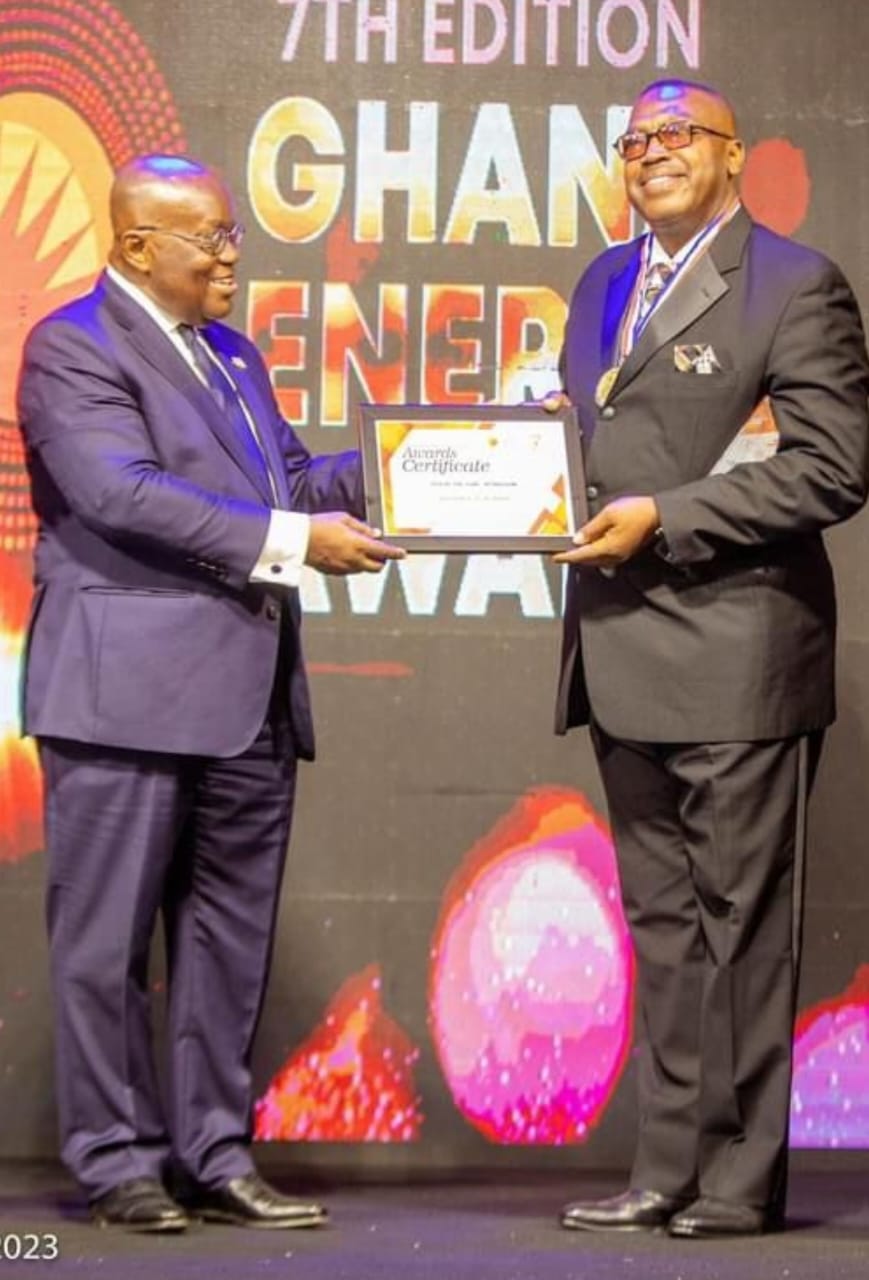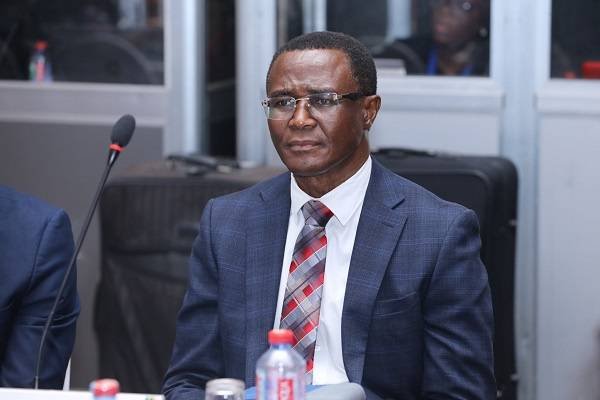
…RUPAG hails ‘historic’ policy
By Juliet Aguiar DUGBARTEY, Takoradi
The Rubber Processors Association of Ghana (RUPAG) has hailed government’s move to restrict exports of raw rubber.
This policy shift is expected to revive factories, protect thousands of rural livelihoods and stop massive foreign-exchange leakages.
The decision, captured in paragraph 1028 of the 2026 Budget under the Feed the Industry Programme, has been hailed by RUPAG as “historic, forward-looking and long overdue”, Perry Acheampong-General Secretary of RUPAG said in a statement.
The statement noted that Ghana’s rubber sector has been bleeding for years due to uncontrolled exports of raw rubber, known as cuplumps, which has surged to record levels. This trend has deprived local processors of essential inputs and weakened the industry’s competitiveness.
As a result, factories have been operating below capacity, investments have become unstable and outgrower financing schemes have come close to collapsing. The sector has also suffered significant losses in foreign exchange earnings, deepening concerns about its long-term sustainability.
“This policy could be the turning point the industry has been waiting for some years. It realigns the entire value chain with Ghana’s industrialisation agenda and protects more than 70,000 rural livelihoods,” the statement points out.
A sector on life support
According to the statement, the spike in raw rubber exports over the past four years created a perfect storm: weakened factory operations, job losses and threats to repayment of over GH¢650million in outgrower loans. With processors unable to secure enough raw materials, the economy has been losing both economic value and industrial momentum.
Also, analysts say the new restriction plugs a major loophole and ensures raw materials remain within the country to fuel domestic manufacturing.
A boost for the 24-hour economy
Industry watchers believe the move aligns strongly with government’s broader industrial transformation agenda – particularly the 24-hour economy initiative, which relies on consistent raw materials access to sustain continuous production cycles.
According to RUPAG, stabilising raw material flow will immediately restore factory utilisation, boost tax revenue and improve foreign-exchange retention.
The statement also reaffirmed RUPA’s readiness to partner with government on its ambitious growth programme aimed at more than doubling national raw rubber production from the current 100,000 tonnes to 250,000 tonnes of dry rubber by 2035.
“This initiative will secure long-term raw material availability and firmly position Ghana as a competitive player in the global rubber market,” it added.
With the policy now in motion, RUPAG says it stands ready to collaborate with government and all stakeholders to ensure effective implementation and sustained sector growth.
“The 2026 budget has set us on a new path – one that strengthens rural livelihoods, drives value addition and accelerates Ghana’s industrialisation journey. We are committed to delivering on this vision,” the statement noted.
The post Gov’t to restrict raw rubber exports to save industry appeared first on The Business & Financial Times.
Read Full Story

















Facebook
Twitter
Pinterest
Instagram
Google+
YouTube
LinkedIn
RSS